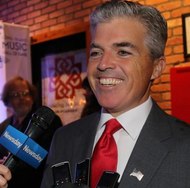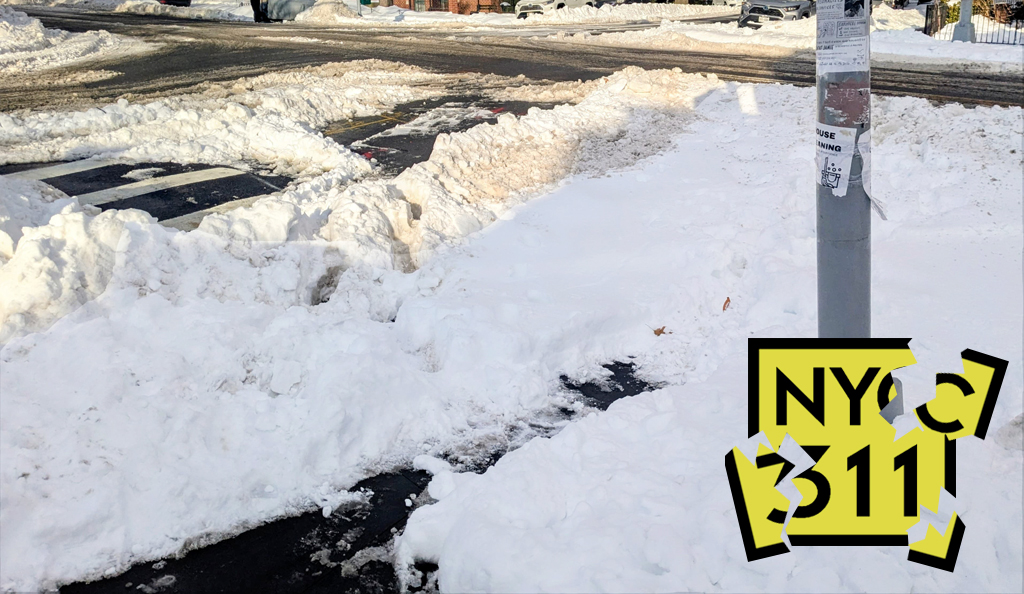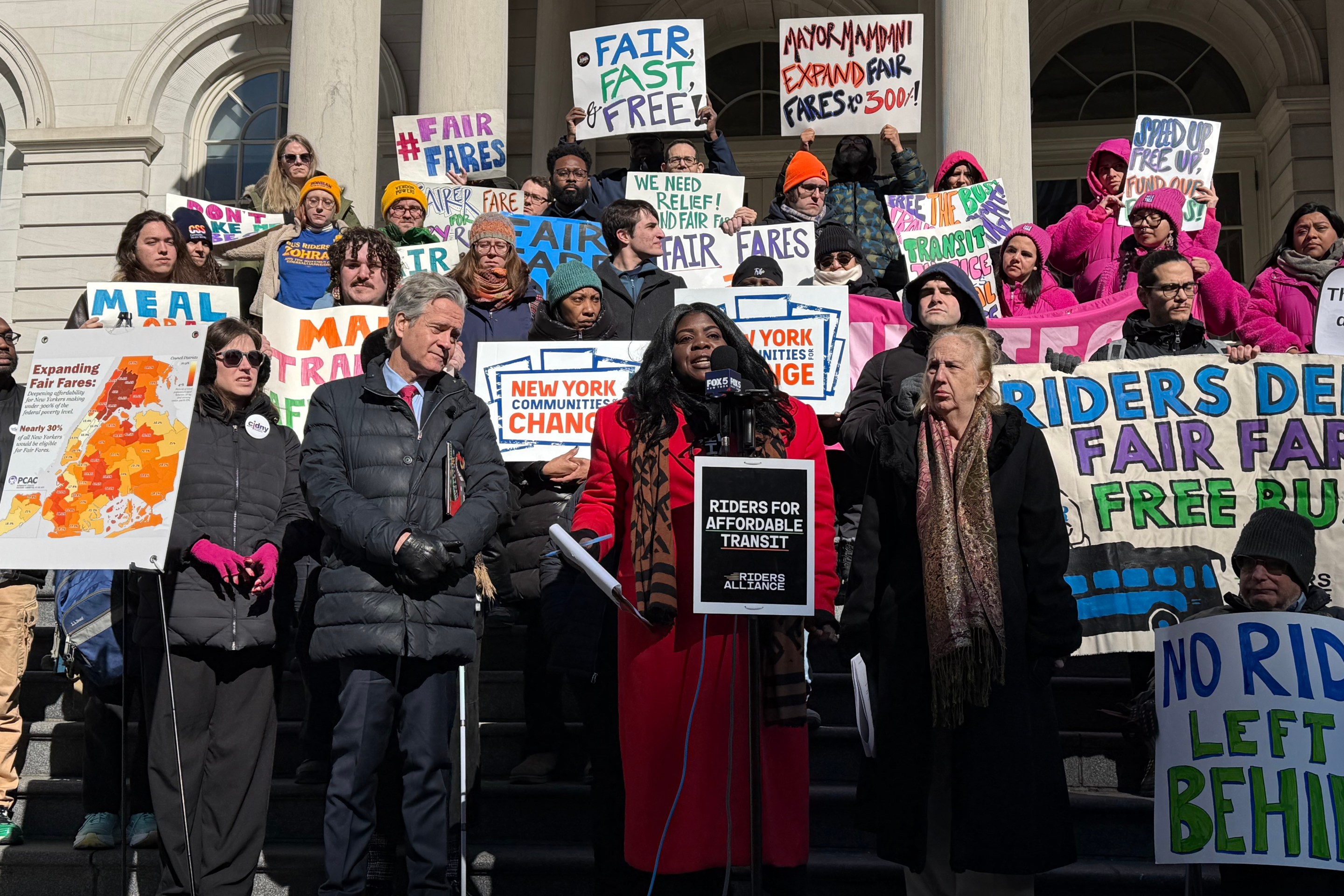With a presumed re-election bid coming in 2015, Suffolk County Executive Steve Bellone has determined his political career is more important than people's safety.

Bowing to people who believe they should be able to do whatever they want behind the wheel, Bellone has joined other Suffolk and Nassau lawmakers in opposing school zone speed cameras, and says he will kill the Suffolk program ahead of a planned 2015 rollout.
County legislators, the majority of them Republican, will hold a hearing next week on a measure to repeal the Nassau program. However, Republican Nassau County Executive Ed Mangano, who holds veto power, has spoken in favor of the cameras.
Newsday notes that the cameras passed earlier this year with near-unanimous support among Suffolk lawmakers, including Bellone, a Democrat who lobbied Albany for authorization. "Speed cameras are used in cities across the nation and have proved effective in reducing traffic accidents and saving lives," he said at the time.
Reversing himself, Bellone tweeted Monday that his decision "comes after a year of research [and] analysis of programs throughout the nation." But research overwhelmingly finds that speed cameras improve street safety. A 2010 review of dozens of studies concluded that speed cameras typically reduce fatality rates by 30 to 40 percent. Mangano says tickets issued by cameras declined 70 percent from September to November, indicating that the Nassau program is succeeding in slowing motorists near schools.
In large part because they are getting the job done, Long Island speed cameras have become a political football. After Nassau drivers griped about the $80 tickets, Democratic and Republican legislators in both counties backtracked, and are now racing to claim credit for spiking their respective programs. While Mangano, whose current term runs through 2017, acknowledged the cameras are working, last week he cut their hours of operation from 11 hours a day to just four.
Bellone's move, meanwhile, is preemptive. Suffolk wasn't scheduled to start using cameras until next fall, giving the county time to prepare in a way that Nassau didn't, says Veronica Vanterpool, executive director of the Tri-State Transportation Campaign.
In New York City, Vanterpool points out, the Department of Transportation collected data on the prevalence of speeding near schools well in advance of camera implementation. The city held press conferences and conducted other public outreach explaining why cameras were necessary. In addition to driver education, Vanterpool says Suffolk could allocate a portion of revenues to safety improvements around schools. "If you tie it to that, people think it's less of a money grab."
Nassau County drivers, who are only ticketed when speeding by 11 or more miles per hour in school zones, complained that cameras were installed without warning signs or flashing lights. Nassau Democrat Judy Jacobs told Newsday the "whole program has been unfair." Nassau would owe $3 million in vendor termination fees if electeds end the speed camera program.
"This is a mechanism to enforce the law," says Vanterpool. "People know you shouldn't be going 50 miles per hour in a school zone. They're mad that they got caught."





